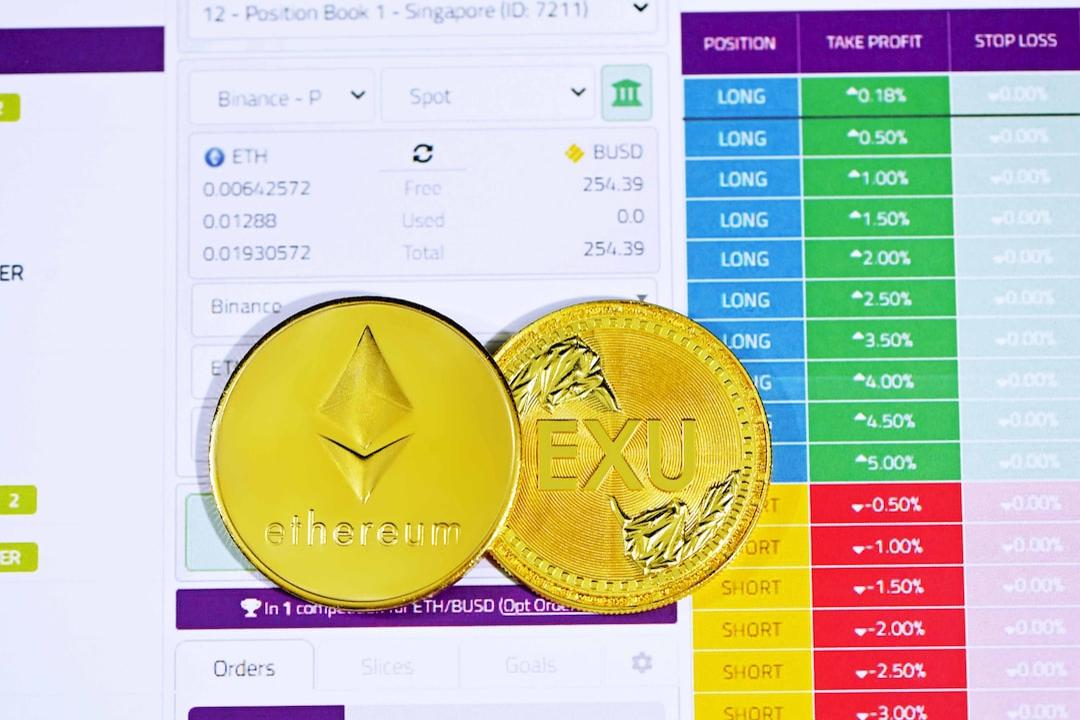Justin Sun, the founder of Tron, has proposed acquiring Bitcoin holdings from the German government, amounting to over $2.3 billion. He expressed willingness to conduct this purchase off-market to mitigate potential negative impacts on Bitcoin’s price due to the government’s selling activities.
Sun announced his offer in a July 4th post addressed to his 3.5 million followers. The German government’s involvement in Bitcoin transactions came under scrutiny starting June 19, when a transfer of 6,500 BTC, valued at more than $425 million, sparked concerns about market effects. With remaining holdings potentially in line for sale, market observers closely monitored the situation.
The wallet initially held close to 50,000 BTC from February 2024, reportedly seized from Movie2k, a website operator associated with pirated movies. Arkham Intelligence identified this crypto wallet as linked to the German government’s Federal Criminal Police Office (BKA), which confiscated the BTC in Dresden earlier in January.
Despite these events, it remains unclear which authority is managing the BTC sale. A BKA spokesperson confirmed that the agency itself does not hold these seized Bitcoins. Kristina Sawazki, the spokesperson, communicated this information to Cointelegraph via email.
The German government’s labeled wallet has been consistently selling Bitcoin since mid-June, with its most recent transaction on July 4 totaling $172 million, spread across various cryptocurrency wallets. Notably, $75 million worth of Bitcoin was transferred to Coinbase, Kraken, and Bitstamp exchanges, suggesting intentions to further sell the cryptocurrency.
Earlier on July 2, the wallet conducted another transfer worth $52 million, including amounts sent to Coinbase, Bitstamp, and Kraken exchanges. These actions have drawn attention amid ongoing discussions about potential impacts on Bitcoin’s market dynamics.
As the situation unfolds, the broader implications of government cryptocurrency holdings and transactions continue to be a topic of interest, particularly within the context of Bitcoin’s market stability and regulatory interactions.

